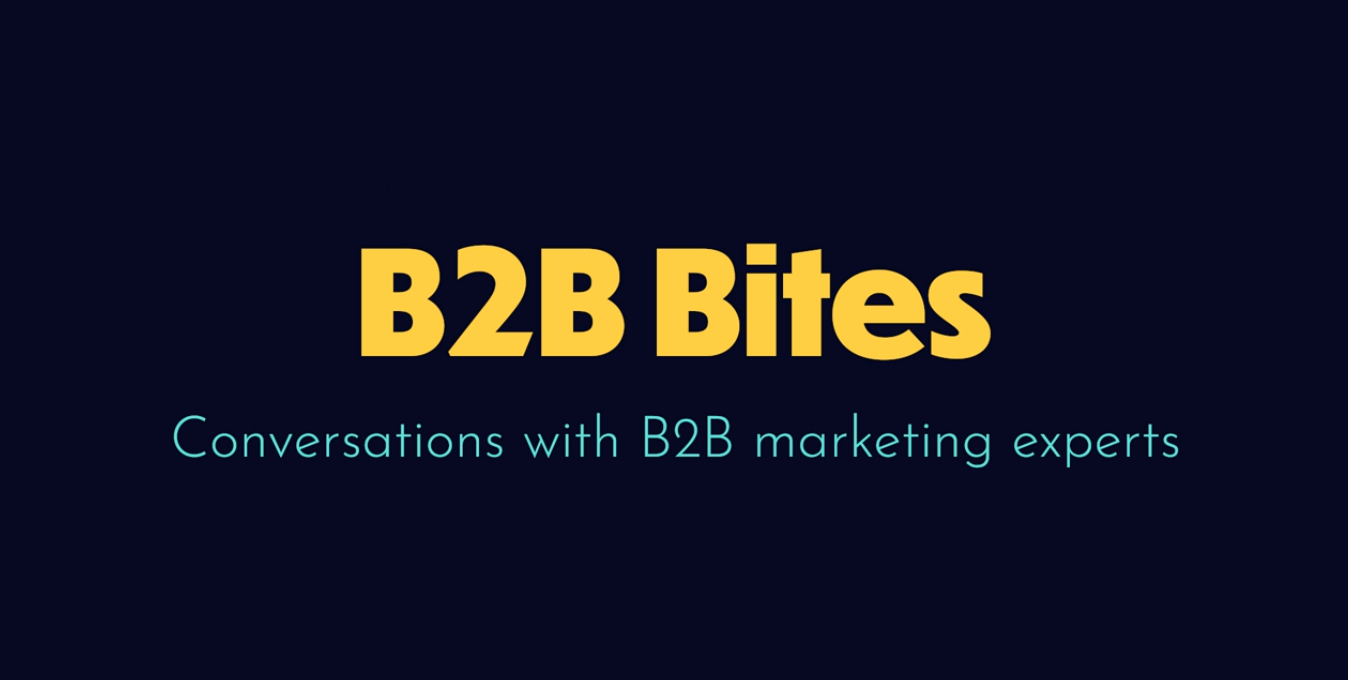What is content marketing? And how does it work in practice?
If you’ve been trying to get your head around what this content marketing malarkey actually involves, you’re in luck. In the (roughly) two-and-a-half minutes it will take you to read this article, all will become clear.
First, let’s define content marketing.
Content marketing essentially means creating (free) resources for your target audience that are valuable in their own right, with the ultimate aim of bringing about more sales in the long run.
“In the long run” is the important thing here: unlike conventional marketing, content marketing isn’t a form of advertising. Typically, it doesn’t directly try to push a product or service.
Rather, content marketers look at the specific pain points their clients are facing in their respective industries and think about what kind of content they could offer that would a) help to address these issues and b) demonstrate their expertise and authority in the process.
The actual medium varies widely. You might choose to create content in the form of blog posts, video tutorial or interviews, podcasts, webinars, eBooks, whitepapers, live events… content marketing isn’t bound by the type of content, but rather by its purpose and focus.
For example, the prototyping-platform-for-designers InvisionApp uses its very popular blog to feature in-depth interviews with innovators, great guest posts and industry-specific tutorials. There’s barely a mention of their flagship product anywhere, but by positioning themselves as a leading voice in their sector, they’ve built a loyal following that helped them to secure 700,000 of their app.
Meanwhile, in their influential weekly podcast Marketing Over Coffee, marketing consultants John Wall and Christopher Penn spend 20 minutes in a coffee shop, chatting about top tips and tricks related to SEO, social media, copywriting and the like, helping to establish themselves as authorities in their field, fuelling their credibility and attracting potential customers.
… Two totally different media and approaches, but both great examples of successful content marketing.
Of course, this is a pretty broad mission and it’s no wonder that many companies flounder when they first try out content marketing approaches.
Usually, they run into problems for one of two reasons:
- They focus entirely on what they want out of the interaction, and don’t think deeply enough about what their target market actually wants to read/watch/listen to, etc.
- They focus entirely on what they’re target market wants to read/watch/listen to, etc. and don’t think deeply enough about what they want out of the interaction.
In other words, they focus on marketing at the expense of content, or they focus on content at the expense of marketing.
To make any content marketing strategy a success, it has to be just that: a strategy. You need to know precisely why you’re producing each piece of content. That means you need to have a clear of what you want your audience to think, feel and do when they engage with it.
First, you need to know exactly what action you want them to take at the end of the blog post/video/podcast etc., whether it’s to sign up to something using their email address (helping you to capture leads), to subscribe to a social media channel (deepening your relationship/increasing exposure to your brand), visiting your website (guiding them to your products and services), or something else entirely.
Secondly, you need to be clear on why they would agree to co-operate with whatever it is you’re asking them to do. What’s in it for them? Is your content relevant and high quality enough to have won their trust? Does it feel like a natural progression, or are you asking too much, too soon for this stage in the customer journey?
So there you have it. A comprehensive answer to the question “What is content marketing?” Ready to get started? Download the B2B Content Marketing Masterclass.









